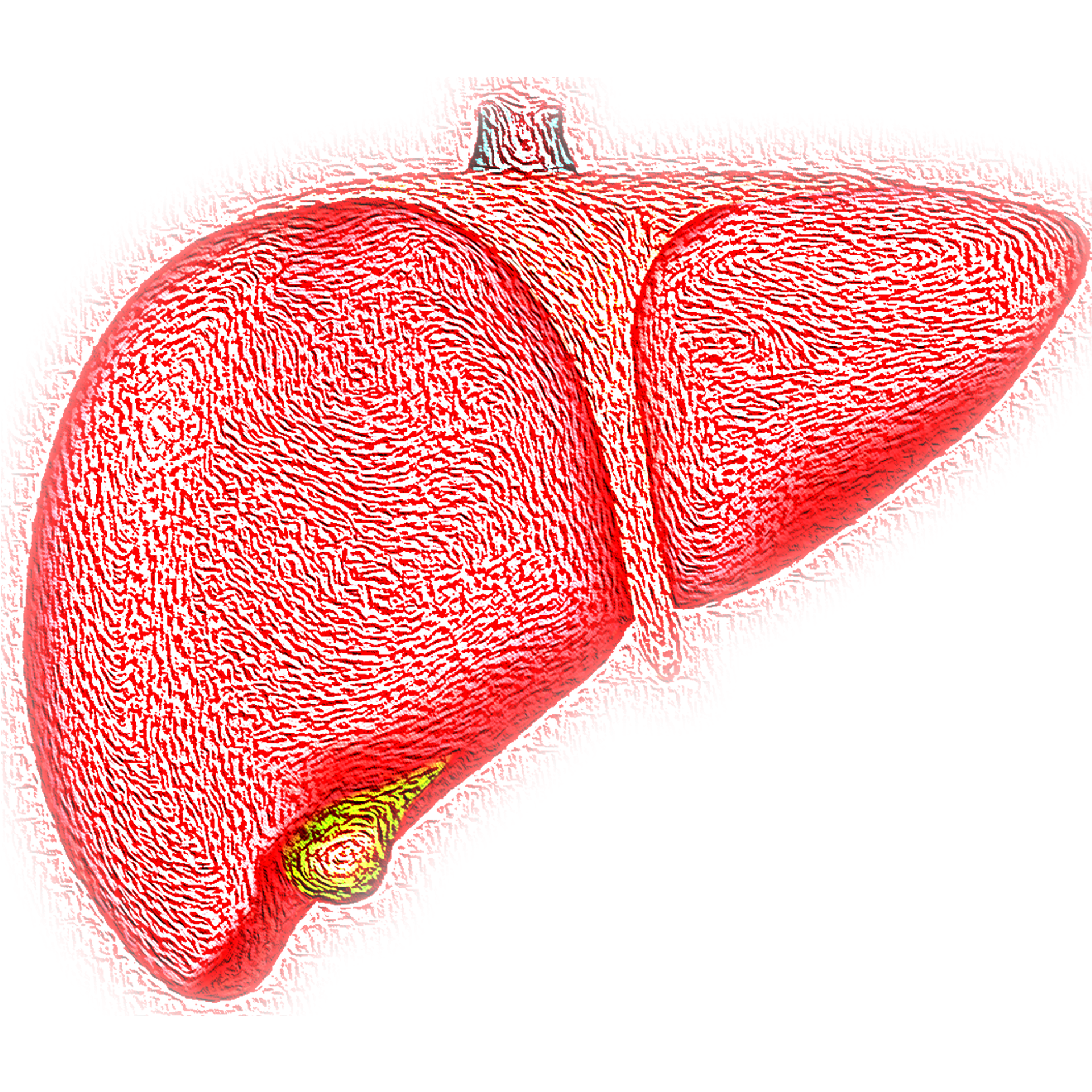 If you’re overweight or obese, your own body may be fighting you when it comes to your weight loss efforts. The culprit could be leptin.
If you’re overweight or obese, your own body may be fighting you when it comes to your weight loss efforts. The culprit could be leptin.
What is Leptin?
It’s a hormone that controls other hormones in your body and regulates how much fat you burn. Its ultimate job is to protect you from starving, by ensuring your body does not lose too much stored fat.
When you eat, leptin is released by fat cells and travels to your brain, where specialized receptors signal your body that you’re full. If no leptin is released, your brain doesn’t get the message. Your body doesn’t feel satisfied, so you keep eating. Leptin also stimulates adipose (fatty) tissue to burn energy, so higher levels of leptin are beneficial in two ways:
- They prevent you from eating too much.
- They promote fat reduction.
Unfortunately, starting a weight loss program can send the wrong message to your body, because eating fewer calories may confuse your brain into reacting as if you were not getting enough nourishment. When that happens, your leptin level drops so you can retain stored fat rather than burn it.
According to some experts, that drop in leptin decreases your ability to burn fat by as much as 50% after only seven days of dieting, and it continues to decrease after that. Leptin is no longer helping you burn fat, it’s actually preventing you from doing so.
Leptin resistance can hinder weight loss.
Some people are resistant to leptin, especially if they have a history of obesity or eating a lot of processed foods or making other unhealthy dietary choices. It is common to have this condition without knowing it. In fact, studies have shown that obese individuals actually have higher levels of leptin than those who are not overweight.
Scientists believe this is because your body has become resistant to the hormone and no longer responds to it. But they aren’t sure why. It might be that the leptin being released into your bloodstream isn’t reaching the receptors in your brain, or it could be the receptors aren’t doing their job to notify your body that you’re satisfied and can stop eating.
Leptin resistance is difficult to diagnose, because the symptoms can also be attributed to other causes. Some symptoms include craving sweets, late-night or stress-related eating, failure to reach your weight loss goal, thyroid symptoms and infertility. Nonetheless, you can do certain things to reduce or prevent leptin resistance:
- Eat a diet rich in proteins and omega-3 fish oil and low in added sugars.
- Get plenty of sleep, because this affects your metabolism.
- Try to reduce your stress.
Knowing about leptin and its role in weight loss can help you understand why your diet may not be working well. If you have more questions about leptin and how it affects weight loss, leave a comment below or come talk to the doctors at Southwest Integrative Medicine to learn about their holistic approach to nutrition and losing weight. Start making measurable progress toward your goal weight with a free consultation below.

 "My weight was getting so out of control. I started their weigh loss diet program and lost 32 lbs! I have been able to reduce my blood pressure medicine, fit back in my clothes, have tons more energy... Now I am back to eating and my desire for foods has changes drastically. Saved my life!!!
"My weight was getting so out of control. I started their weigh loss diet program and lost 32 lbs! I have been able to reduce my blood pressure medicine, fit back in my clothes, have tons more energy... Now I am back to eating and my desire for foods has changes drastically. Saved my life!!!
 "Dr. Cline and Dr. Terranella have been amazing! For the first time we found doctors that actually listen. They care about how your feeling and try everything they can to get you back to a normal state. I am in love with these guys! If you want amazing care, see these guys."
"Dr. Cline and Dr. Terranella have been amazing! For the first time we found doctors that actually listen. They care about how your feeling and try everything they can to get you back to a normal state. I am in love with these guys! If you want amazing care, see these guys."





 If you’re overweight or obese, your own body may be fighting you when it comes to your weight loss efforts. The culprit could be leptin.
If you’re overweight or obese, your own body may be fighting you when it comes to your weight loss efforts. The culprit could be leptin.









